A new cultivation method enhances the concentration of valuable compounds in seaweeds with substantial environmental benefits.
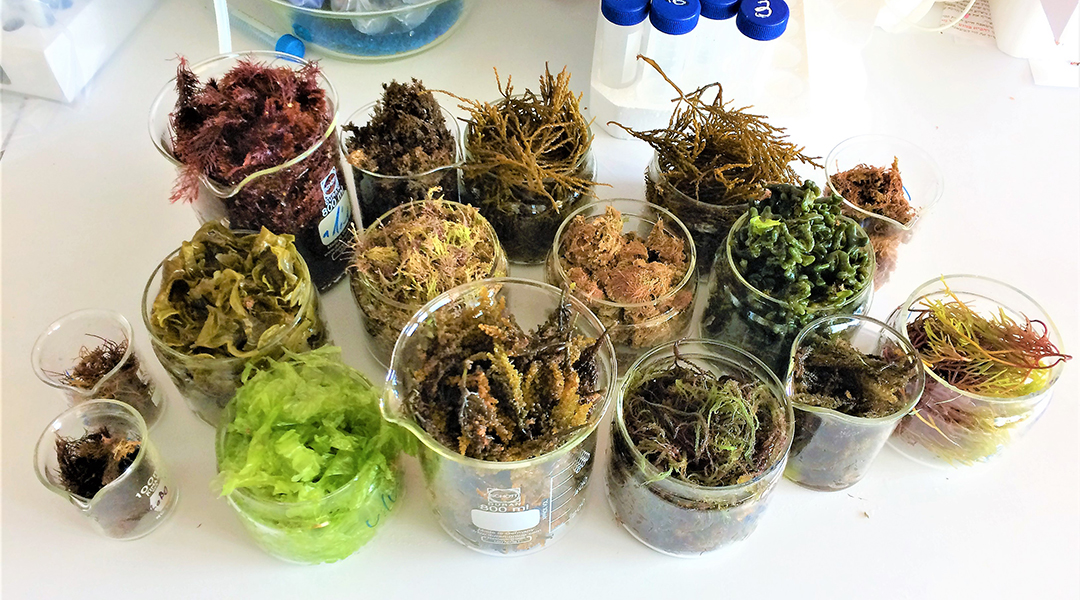

A new cultivation method enhances the concentration of valuable compounds in seaweeds with substantial environmental benefits.
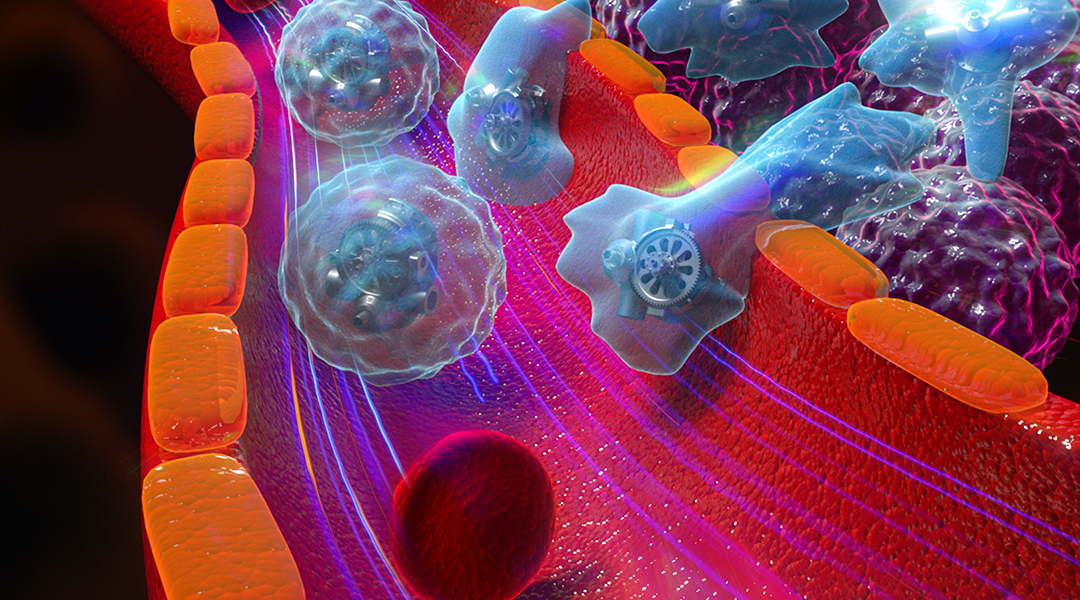
Swimming cellbots capable of autonomous motion and drug encapsulation can deliver their payload at desired sites.
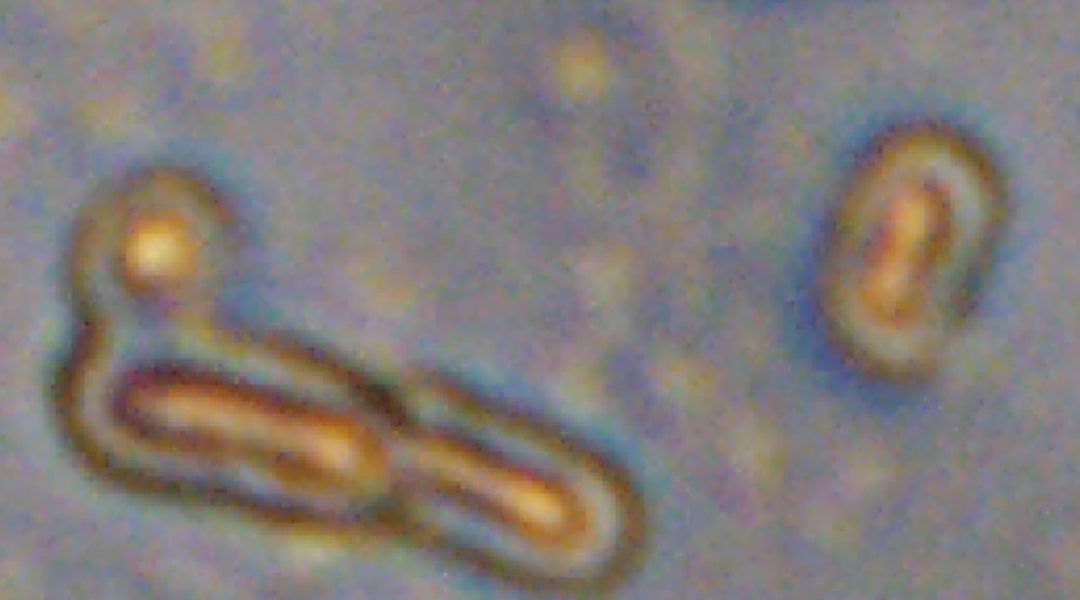
Implants containing cyanobacteria help produce oxygen within heart tissue to repair damage done after a heart attack.

Microrobots dubbed “microwalkers” can both swim and walk, allowing them to transverse challenging biological environments.

Citizen science has the ability to improve scientific literacy and benefit communities by getting non-scientists involved in research.

Unique enzymes found in the gut of sugarcane-eating capybaras could help convert agricultural waste into low-carbon biofuels.

Biochemist and astrobiologist Emmett Chappelle created a simple means of identifying life and opened a new world for fluorescence testing.
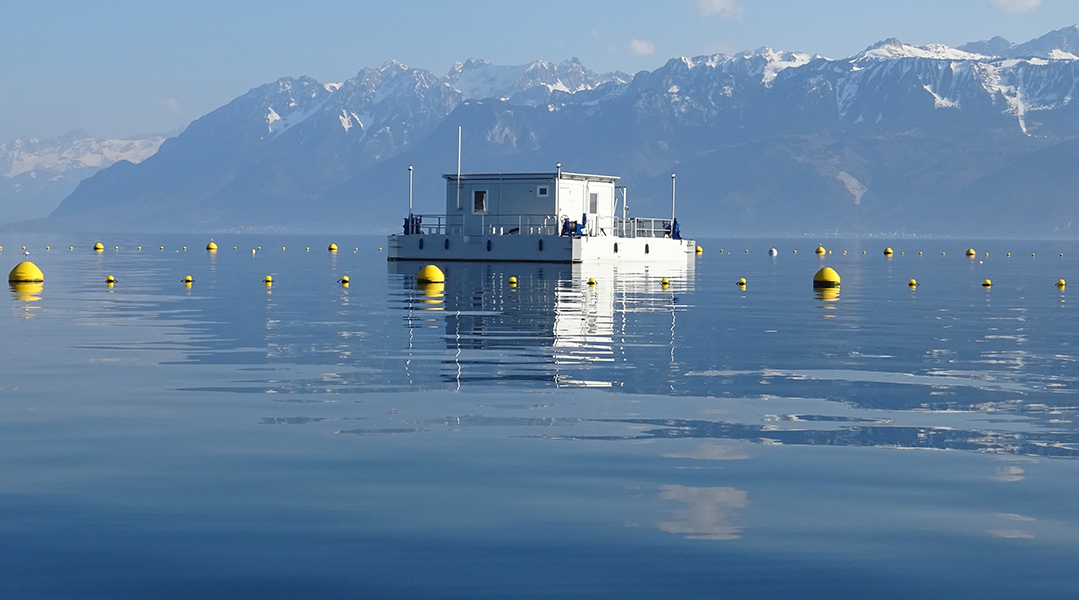
The LéXPLORE floating laboratory in Switzerland is providing unique insights into the changing environment of Lake Geneva.
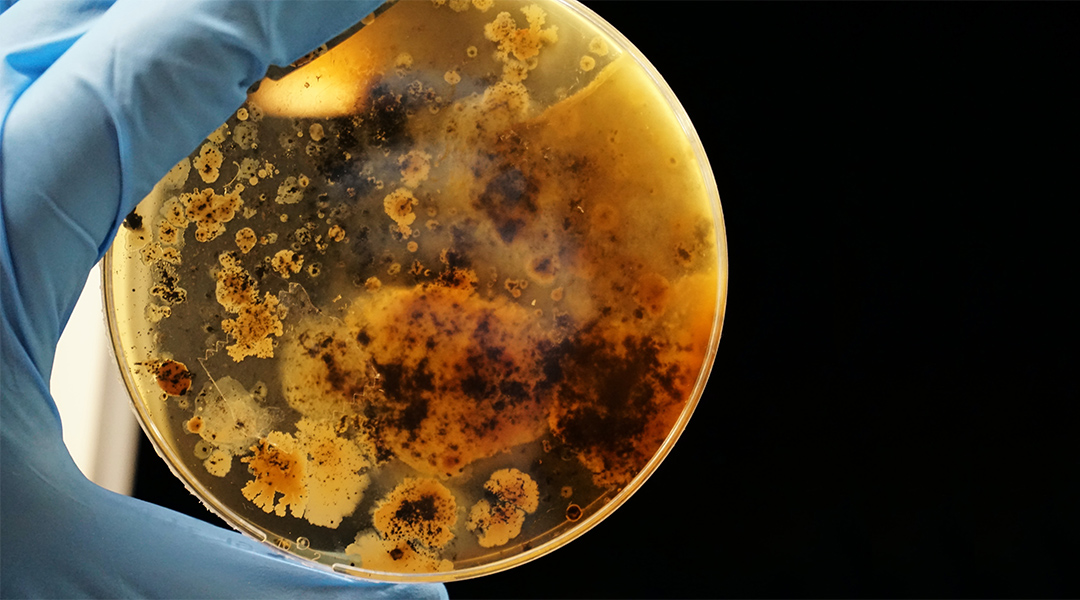
A team of scientists have created a cost-effective way to destroy bacterial biofilms, paving the way for advancements in everything from healthcare to utilities.
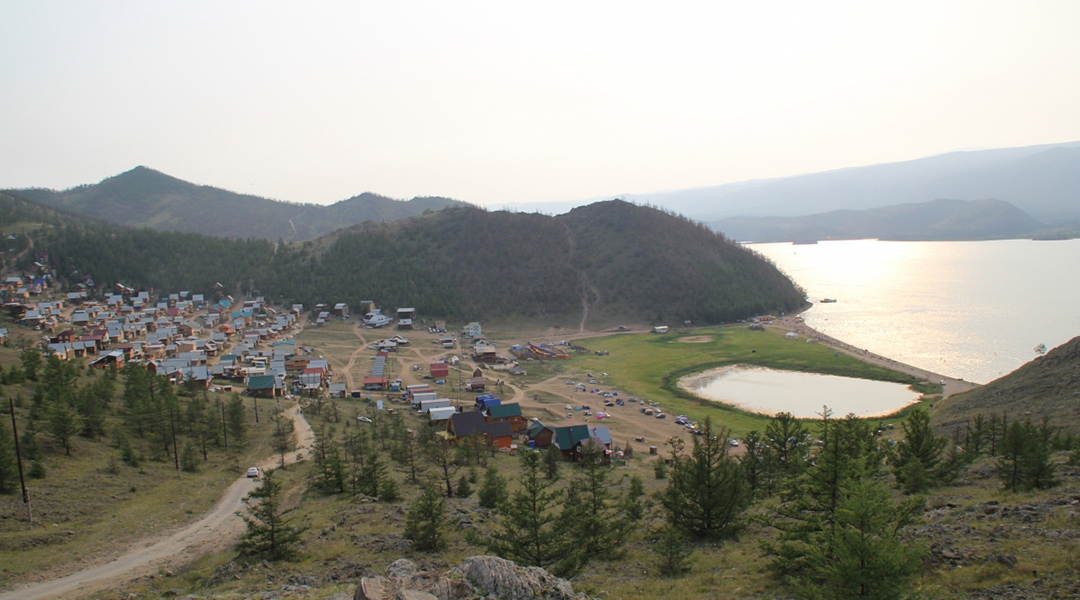
Mass tourism has grown exponentially across the last decade, bringing nearly 2 million tourists to Baikal’s sparsely populated shores.